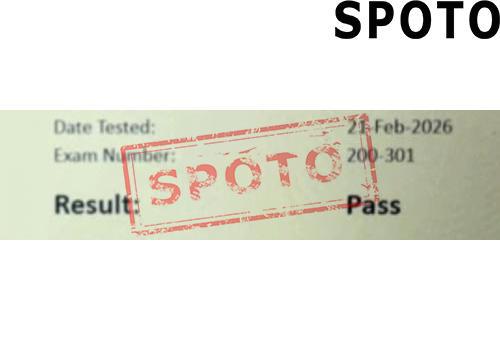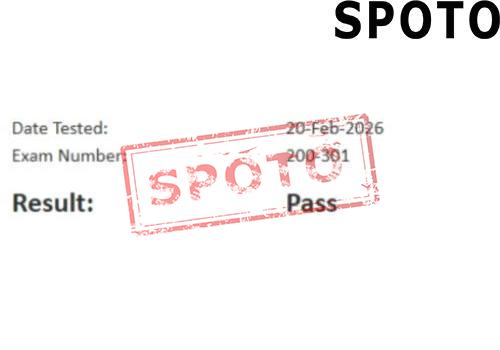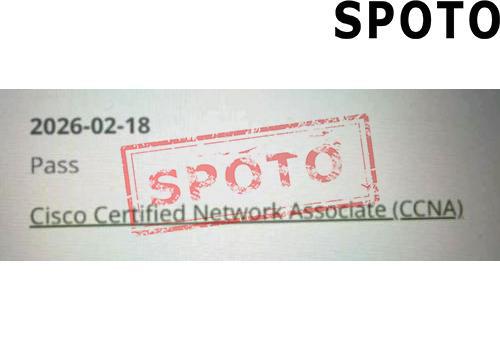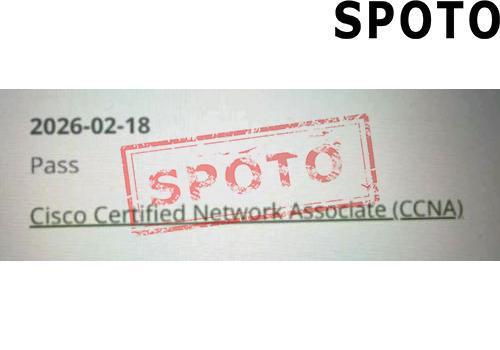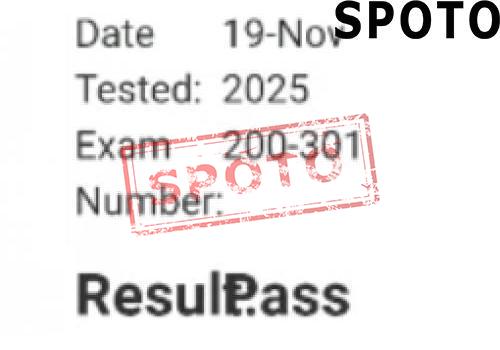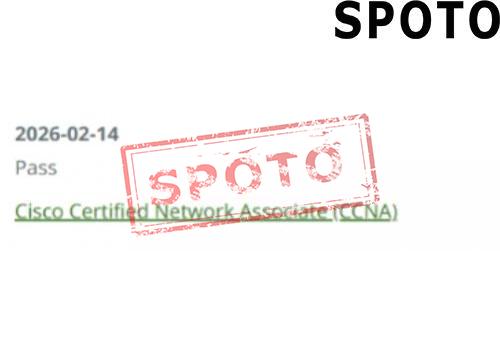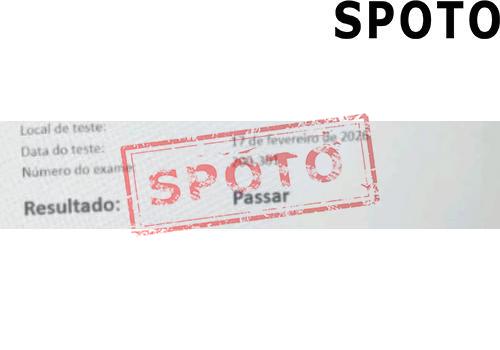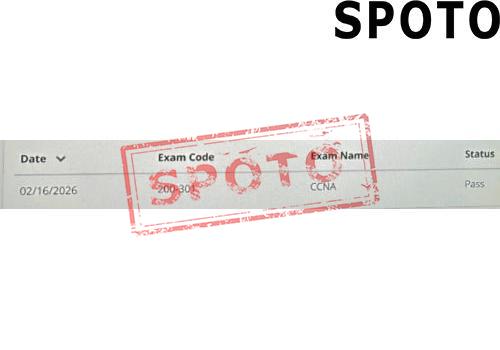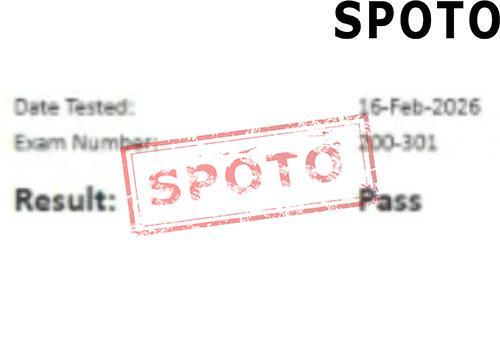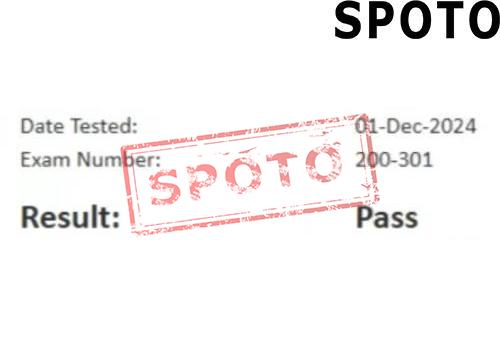
How to Get CCNA Certification
To start a career as an information technology professional, you should pursue entry-level certifications such as the Certified Cisco Network Associate certification (CCNA). This credential will give you the knowledge and passion employers need to know about computer networking. This credential can be used to prove to employers that you are knowledgeable about basic IT concepts.
This article will discuss the benefits of this credential and how to obtain a CCNA certificate. We also offer tips to help prepare for your CCNA exam.
What is a CCNA certificate?
The Certified Cisco Network Associate certification verifies a professional's foundational network knowledge. These courses cover topics like IP services, foundational security, programming, and automation. There are many CCNA certifications available. They include different concentrations like service providers or data centers. The majority of people who are certified CCNA work as help desk technicians, network engineers, network administrators, or network support technicians.
Although there are no prerequisites for this certification, Cisco recommends that you have at least one year of work experience with their solutions before enrolling in a course. Cisco recommends that you have some knowledge about IP addressing and basic network concepts. This credential is valid for three years.
Professionals who have it must renew their certifications. You can take another qualifying exam to renew your certification or you can earn 30 continuing education credits.
What are the benefits of obtaining a CCNA certificate?
A CCNA certification, like any other certification, can show potential employers your computer networking knowledge, skills, and expertise. Higher career opportunities may be available for employees who are certified. This certification may also provide other benefits.
- Continuous development of skills (with each recertification).
- Possibility of a higher salary
- Possible mentorship opportunities
- You will have a higher resume value
- Training and skills that are more valuable
How to get a CCNA certificate
Here are some steps that will help you get a CCNA certificate:
Gain experience
It is important to have experience in computer networking before you can pursue this certification. Many people decide to earn a degree first in information technology or computer science. Some organizations offer short courses in computer networking and IT-related topics if you don't want to get a degree. Because technology-related degrees can give students some foundational knowledge, it is possible to prepare for the exam with your academic background.
Working in the field of computer networking can give you practical experience. This could include roles as network administrators, technical support specialists, or computer systems analysts. Students and recent graduates also benefit from internships that provide practical experience in their chosen fields. Ask your university advisors for information on possible internships or employment opportunities. You may also find opportunities for employment through online job boards, social media, and local community groups.
Prepare for the test
Online training courses are a great way to prepare for the CCNA exam. SPOTO offers many courses, training programs, and resources that will help you prepare for the CCNA exam. Cisco Digital Learning subscriptions include year-long access and unlimited online lectures, labs as well as webinars, webinars, and assignments. There are also study groups that can be facilitated and a community network for students to connect with instructors and other students. You might also consider local technical or community colleges if you are interested in studying in person. You might be able to attend classes at these organizations.
Practice exam
A practice exam is an important step in preparing for the official certification exam. After completing other training courses, many people opt to take practice exams. Multiple practice exams can help you prepare for the real test, as you can answer the same questions within the same time limit. These practice exams can help you pinpoint areas that may need extra review or practice. SPOTO offers a practice bundle that includes 300 questions and exercises. Some other online companies may also offer practice tests at no cost.
Because CCNA certification can be applied to different concentrations, you should find practice exams that are specific to your area of focus. These practice exams often include information that focuses on your specific area. Your test date should be at least two weeks before you take your practice tests. This will allow you to study more and identify areas where you need to practice more.
Every three years, renew your certification
The validity of your CCNA certification lasts for three years. You can renew your certification by passing a recertification exam after three years or continuing education credits. Completing certain activities such as Item Author exams or additional training courses can help you earn continuing education credits. Visit the Cisco website to view the complete recertification catalog. Recertification activities must be completed on time and you are responsible for keeping track of your certification status. Log in to your SPOTO account to track this information.
Here are some tips to help you get a CCNA certificate
These are some tips to help you get this credential.
- Notes and flashcards are good. You can study for the exam by making flashcards or notes with common terms and answers. These resources can be taken with you wherever you are testing.
- Multiple study resources are a good idea. Multiple resources are available, including practice tests, training courses, and labs, to aid you in your studies. You may be able to better understand the concepts covered on the official CCNA exam by using these materials.
- It is best to arrive early at the test site. You should arrive at your test location early if you plan to take an in-person exam. You may have more time to study flashcards and other study material.

